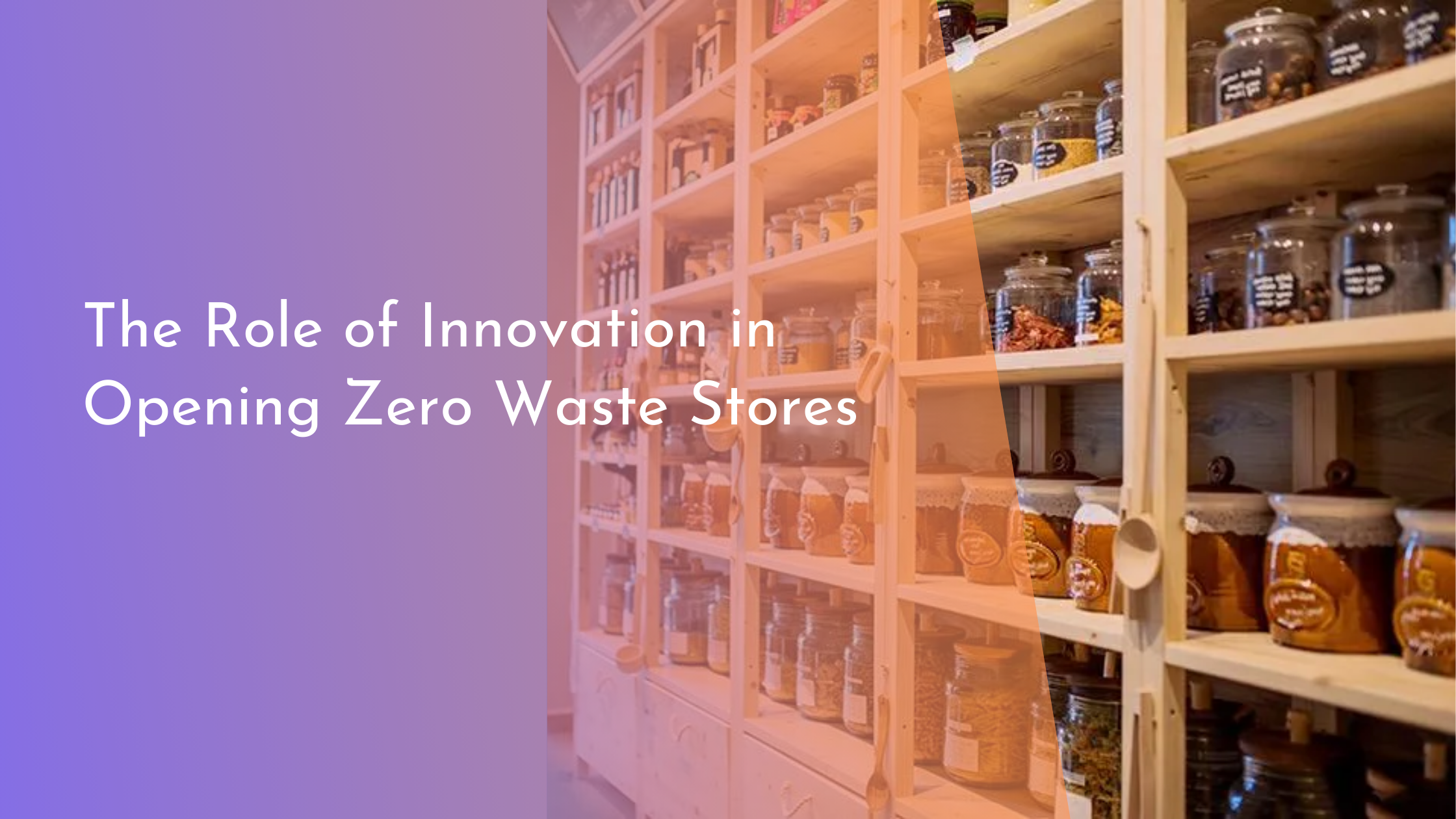The Role of Innovation in Opening Zero Waste Stores
In recent years, the concept of zero waste has gained significant traction as environmental concerns continue to escalate. Zero waste stores, which aim to minimize waste by offering packaging-free products, have emerged as a promising solution in the fight against pollution. Central to the success of these stores is innovation, which drives sustainable practices and opens new avenues for eco-friendly retailing. In this article, we explore the role of innovation in the inception and operation of zero waste stores, examining the creative solutions that have emerged and how they shape the future of sustainable shopping.
Understanding Zero Waste: A Sustainable Approach
Zero waste is more than just a trend; it represents a fundamental shift in how we perceive and handle waste in our daily lives. At its core, the zero waste philosophy advocates for the responsible production, consumption, and disposal of products, aiming to reduce landfill contributions to nearly zero. This approach not only emphasizes recycling but prioritizes reducing consumption and reusing materials whenever possible. Zero waste stores embody this philosophy by offering consumers an opportunity to purchase products without unnecessary packaging, thereby reducing waste at the source.
These stores also play a crucial role in educating consumers about sustainable practices. By providing an alternative to traditional retail environments, zero waste stores encourage customers to bring their own containers and buy only what they need. This model reduces overconsumption and waste, empowering individuals to make informed decisions that benefit both the environment and their communities. As awareness of environmental issues continues to grow, zero waste stores are becoming a beacon of sustainable consumerism, demonstrating that small changes can have a significant impact.
Pioneering Innovations in Retail Solutions
Innovation is the lifeblood of zero waste stores, driving them to discover creative solutions that support their mission of sustainability. One key area of innovation is the design and layout of the stores themselves. Many zero waste stores have adopted bulk bin systems, allowing customers to purchase the exact quantity of a product they need, thereby minimizing waste. These bins are often designed to reduce contamination and maintain the freshness of goods, showcasing the ingenuity behind zero waste retail operations.
Another innovative approach is the incorporation of deposit-return schemes for reusable containers. Customers can borrow containers from the store, which they return after use. This system encourages a circular economy by minimizing single-use plastics and promoting the reuse of materials. Such innovations not only enhance the customer experience but also align the store’s operations with their zero waste ethos, setting a new standard for sustainable retail practices.
Technology’s Impact on Zero Waste Practices
Technology plays a pivotal role in the advancement of zero waste stores, providing tools and platforms to enhance efficiency and reach. Digital inventory systems, for instance, help store owners manage stock effectively, ensuring they meet customer demands without overstocking. This reduces waste by preventing spoilage and optimizing supply chains. Additionally, online platforms and apps enable zero waste stores to expand their reach, allowing customers to shop sustainably from the comfort of their homes.
Moreover, technology facilitates better communication and education around zero waste practices. Social media platforms and digital marketing tools are used by zero waste stores to engage with consumers, raising awareness about the benefits of sustainable shopping. Informational content, such as tutorials on waste reduction and the impact of consumer choices, further empowers customers to adopt zero waste habits in their own lives. Through technology, zero waste stores not only improve their operations but also foster a community of environmentally conscious consumers.
Future Prospects: Innovating Towards Zero Waste
As the zero waste movement gains momentum, there is immense potential for further innovation in this space. Future prospects may include the development of biodegradable packaging alternatives, providing an eco-friendly solution for products that do require some form of containment. Additionally, advancements in sustainable product sourcing, such as the use of ethically sourced materials, will further enhance the sustainability of zero waste stores, ensuring that every aspect of their operations is aligned with environmental values.
The integration of artificial intelligence (AI) and data analytics also holds promise for zero waste stores. By leveraging these technologies, stores can gain insights into consumer behavior, optimizing their offerings to better meet the needs of their customers and further reduce waste. AI can predict trends and suggest inventory adjustments, ultimately supporting the store’s goal of creating a waste-free shopping experience. As these innovations continue to evolve, zero waste stores are poised to lead the way in sustainable retailing, demonstrating that innovation and environmental stewardship can go hand in hand.
The role of innovation in opening and operating zero waste stores cannot be overstated. Through creative solutions and technological advancements, these stores are redefining the future of retail by prioritizing sustainability and minimizing waste. As consumers become increasingly mindful of their environmental footprint, zero waste stores offer an appealing alternative that aligns with their values. With ongoing innovation and a commitment to zero waste principles, these stores are not just a trend but a lasting change in the retail landscape, paving the way for a cleaner, more sustainable world.

